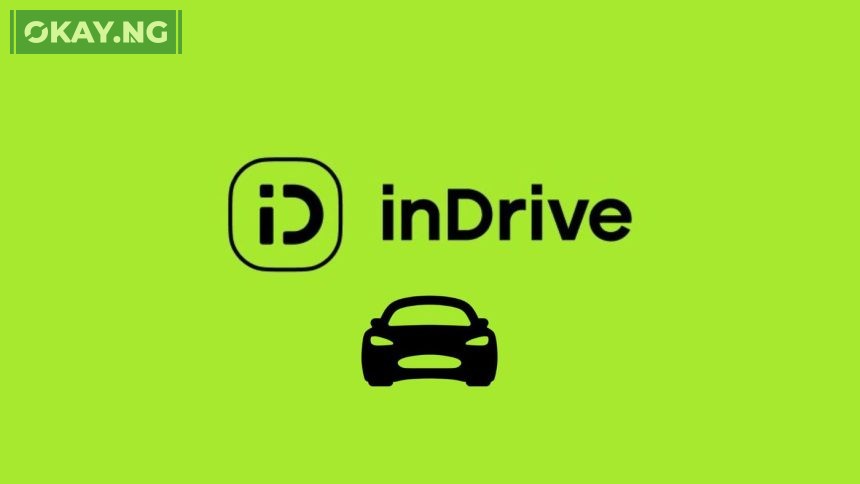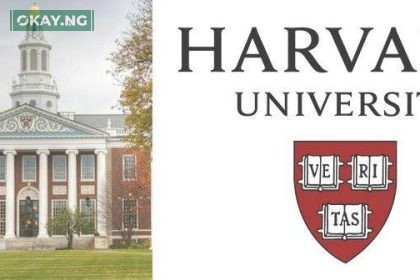Lagos commuters face potential disruptions as the Amalgamated Union of App-Based Transporters of Nigeria (AUATON) has directed its members to immediately cease operations on the inDrive platform. This significant move stems from escalating concerns over driver safety and what the union describes as “exploitative” fare structures.
AUATON’s Public Relations Officer, Steven Iwindoye, announced the boycott, citing a critical failure by inDrive to adequately verify riders, leading to a surge in criminal activities targeting drivers. “InDrive’s failure to implement a robust security system has cost many drivers their lives. Criminals can easily access the platform by posing as passengers and attacking unsuspecting drivers,” Iwindoye stated.
Beyond safety, the union vehemently criticizes inDrive’s fare negotiation model, which allows passengers to set significantly lower fares. “Fuel costs, vehicle maintenance, and other expenses have skyrocketed, yet inDrive allows passengers to dictate fares that barely cover our costs. We are being exploited, and we refuse to continue under such a system,” Iwindoye explained. He further emphasized that some riders slash fares by up to 50%, severely impacting drivers’ livelihoods.
The union has issued a set of demands, including:
- A stringent verification system for both riders and drivers.
- Fair fare structures reflecting rising operational costs.
- A responsive support system for drivers.
- Recognition of drivers’ rights and fair treatment.
“AUATON has ordered all its members to stop accepting rides from inDrive, effectively disrupting its operations in Lagos,” Iwindoye declared. “We call on the government and relevant regulatory agencies to intervene and ensure that inDrive operates transparently and safely.”
In response to the boycott, inDrive’s Africa Public Relations Manager, Lineo Thakhisi, defended the platform’s model, emphasizing its commitment to fairness and transparency. “Unlike traditional ride-hailing models, inDrive allows drivers to set their own fares and negotiate directly with passengers. This ensures that drivers have greater control over their earnings,” she stated.
Thakhisi also highlighted inDrive’s lower commission rates and implemented safety features, including trip verification and emergency assistance. “We continuously assess and enhance these security measures to ensure a safer experience for all users,” she said.
However, the union remains resolute, insisting that tangible reforms are necessary. “InDrive must acknowledge that we are the backbone of their business. Without drivers, there is no inDrive. We will not return until they prioritise our safety, dignity, and well-being,” Iwindoye asserted.
As a fellow person witnessing these digital platform issues, I understand the drivers concerns. The gig economy, while providing flexibility, must not compromise basic safety and fair compensation. The standoff between AUATON and inDrive underscores the ongoing challenges in regulating the rapidly evolving ride-hailing sector, highlighting the need for balanced policies that protect both drivers and consumers. The impact of this boycott could ripple through Lagos, potentially forcing thousands to seek alternative transportation options. This situation will continue to develop as regulatory bodies become involved.












